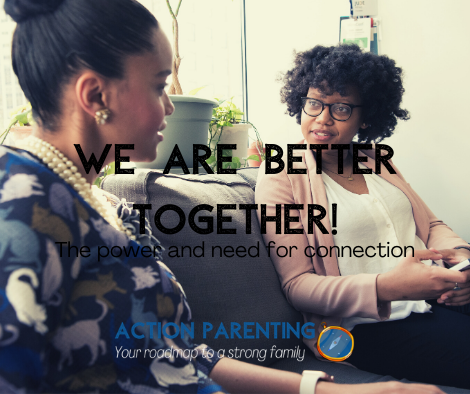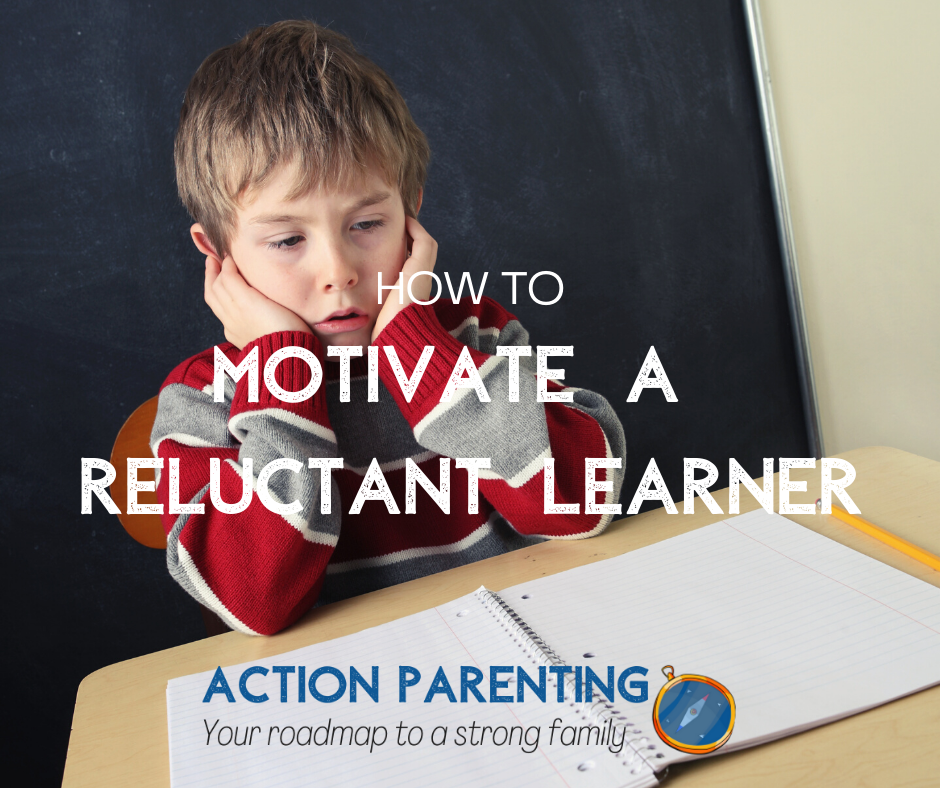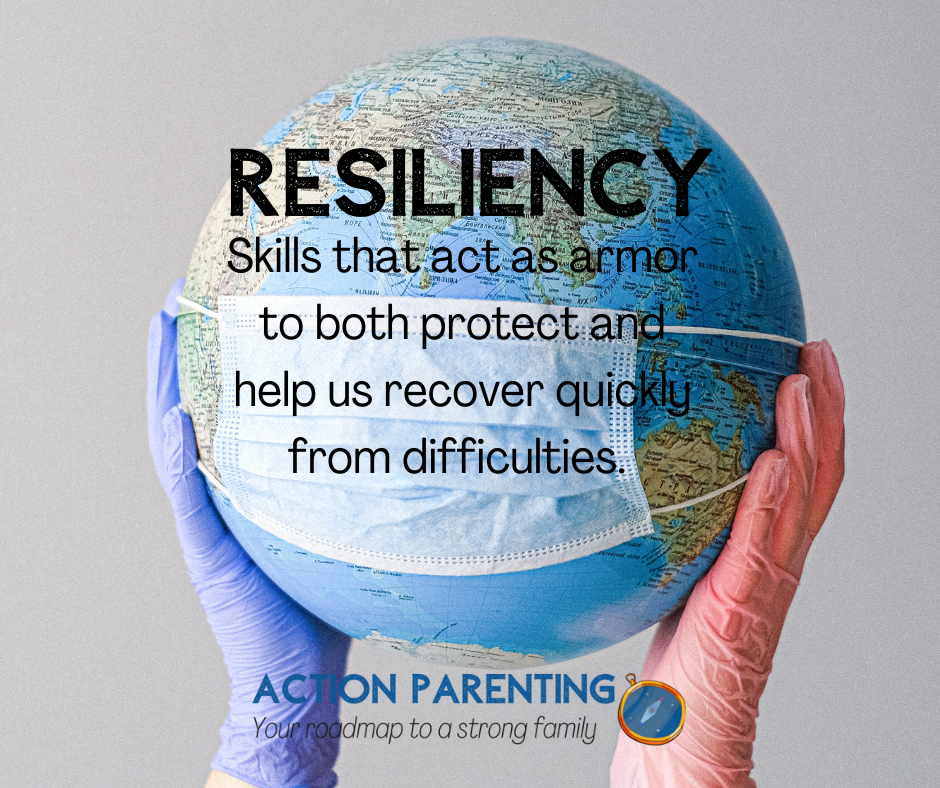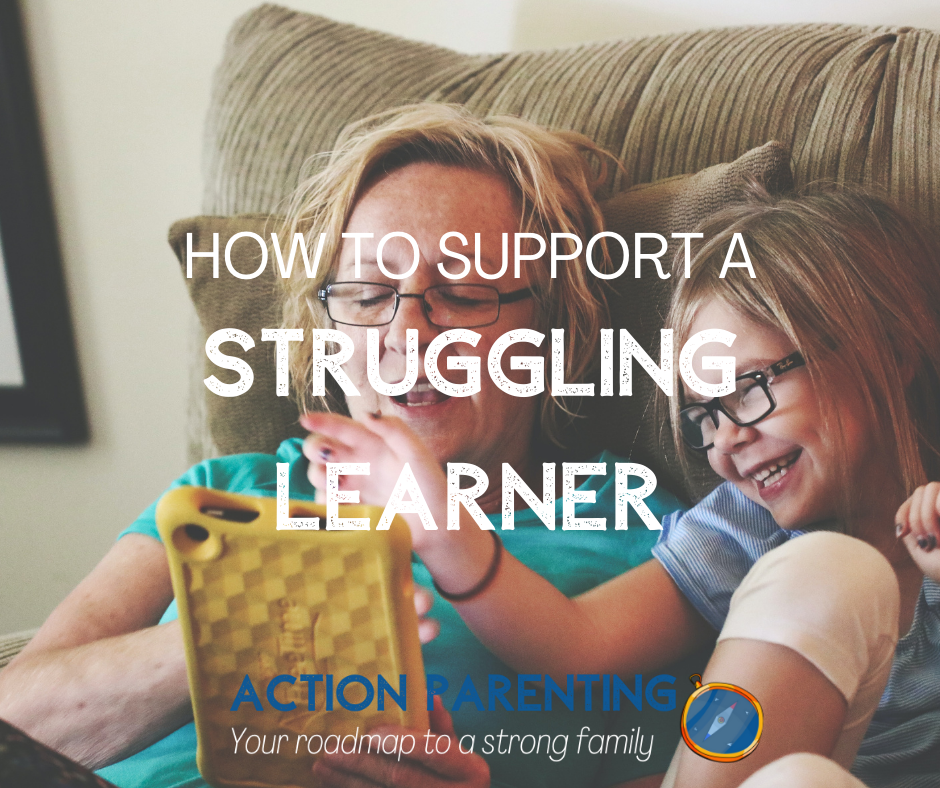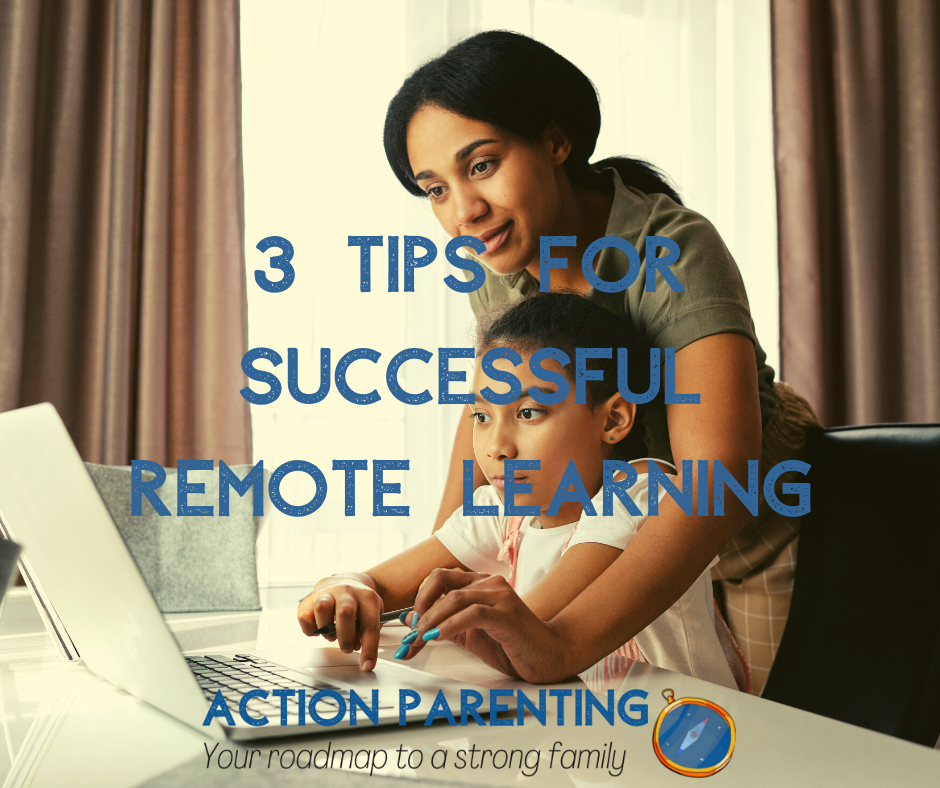Parenting a preschooler during a pandemic is probably not something you ever imagined you would be doing. The preschool years can be challenging for parents even in more traditional times and the added stress of COVID can create new experiences and challenges for the parent of a preschooler.
For many of us, the typical daily activities of life with a preschooler have been limited by restrictions. Those activities that are open are filled with social distancing rules and regulations that can be challenging explaining to a preschooler and help them follow. On top of that, every family has different needs and therefor different practices to keep them safe and a preschooler struggles to see or understand anyone or anything outside their immediate experience.
What’s a parent of a preschooler to do?!?!
Watch the video for 3 time tested and proven techniques for parenting a preschooler in a pandemic and all the other things that go along with the preschool years.





